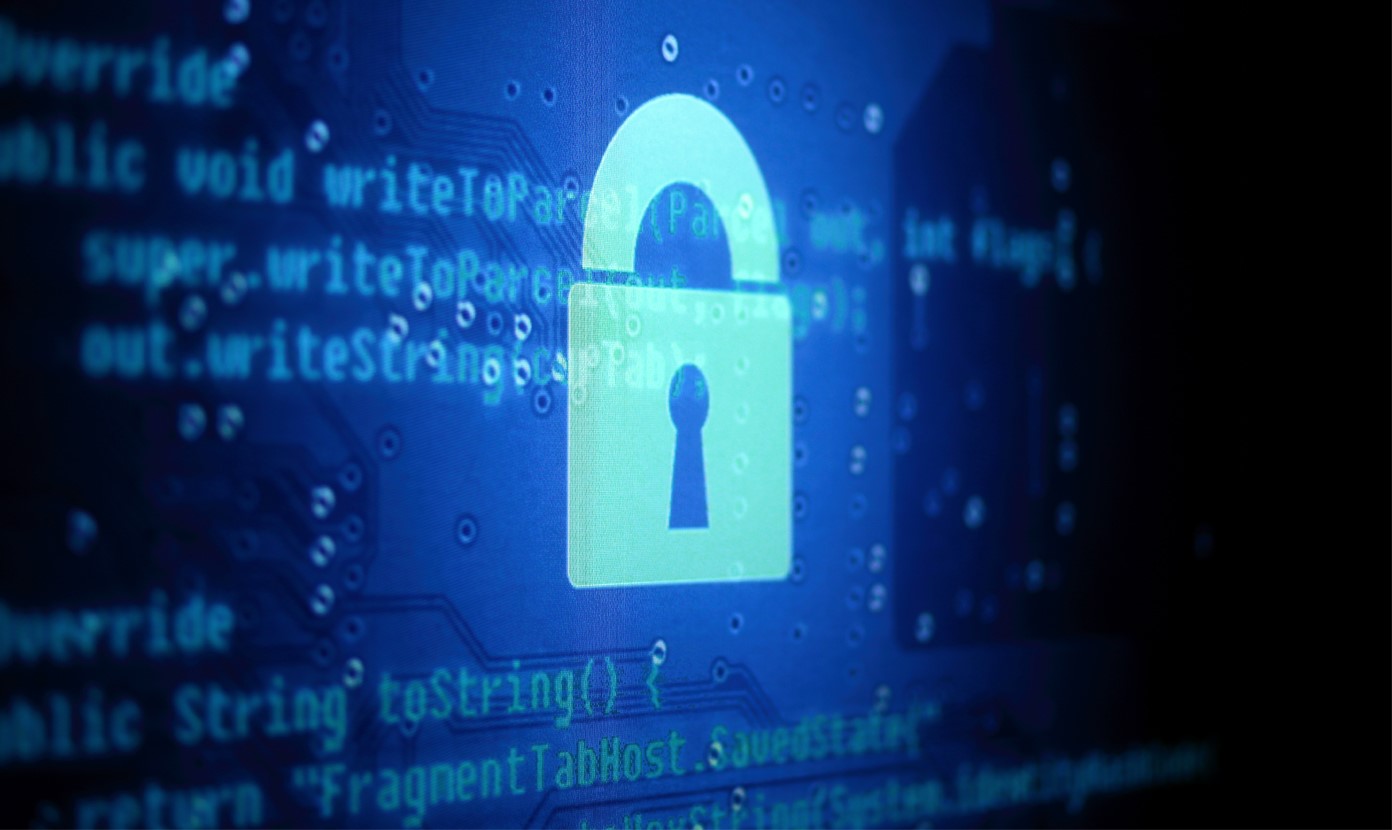Scammers & COVID-19

Scammers prey on people’s fear and honesty. During COVID-19 pandemic scammers have altered their operations to reflect our current events and play on individual’s fear, panic, and survival.
Consumers still need to be vigilant in who they are giving personal information to and asking questions when receiving calls or inquiries of this nature.
The golden rules of scams still apply, do not answer calls from unknown numbers, never give out personal information, and never believe a caller when claiming they work for a company or business (hang up and call the correct number).
Scammers will also try “phishing” or “spoofing” emails. These are used in an effort for a person to click the link – which a person should never click the link from an unknown e-mail. This would allow a hacker/scammer access to your computer, and again, personal information.
Now, with stimulus checks and the CARES Act, scammers are playing into their older tricks of fraudulent checks. The IRS will never ask for funds back after issuing a check and they will NEVER accept gift cards or money transfers.
The article below breaks down, in detail, the current COVID-19 scams out there; what people should be watching for and being vigilant of.
The U.S. Secret Service and the U.S. Department of the Treasury issued a press release to inform citizens how to identify counterfeit U.S. Treasury checks by knowing what to look for and where to look.

